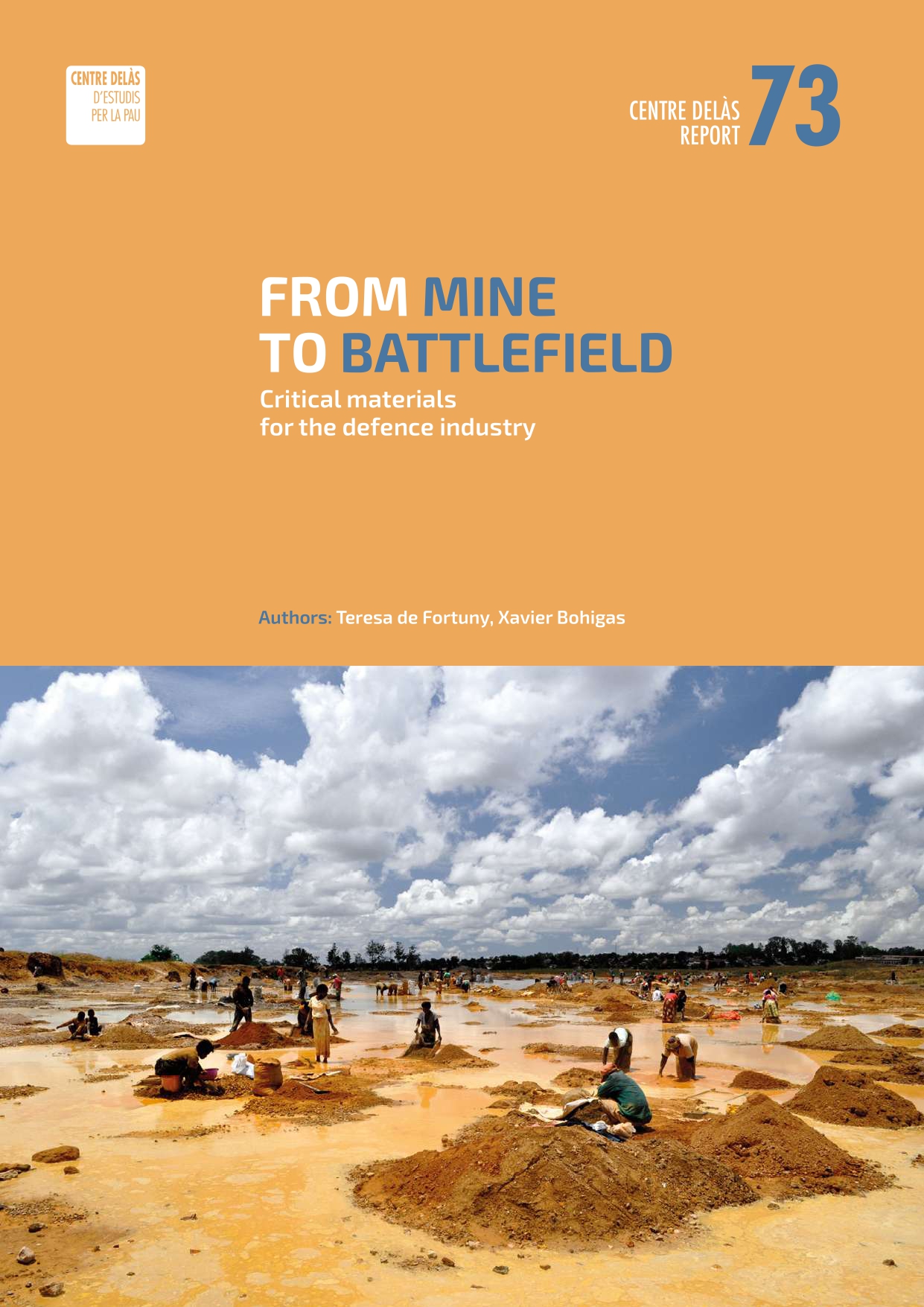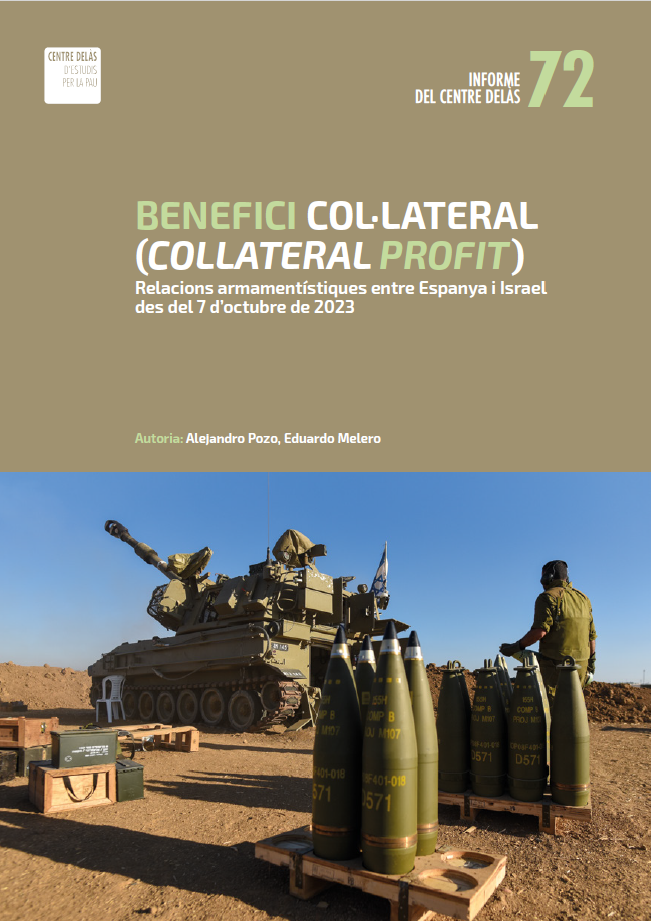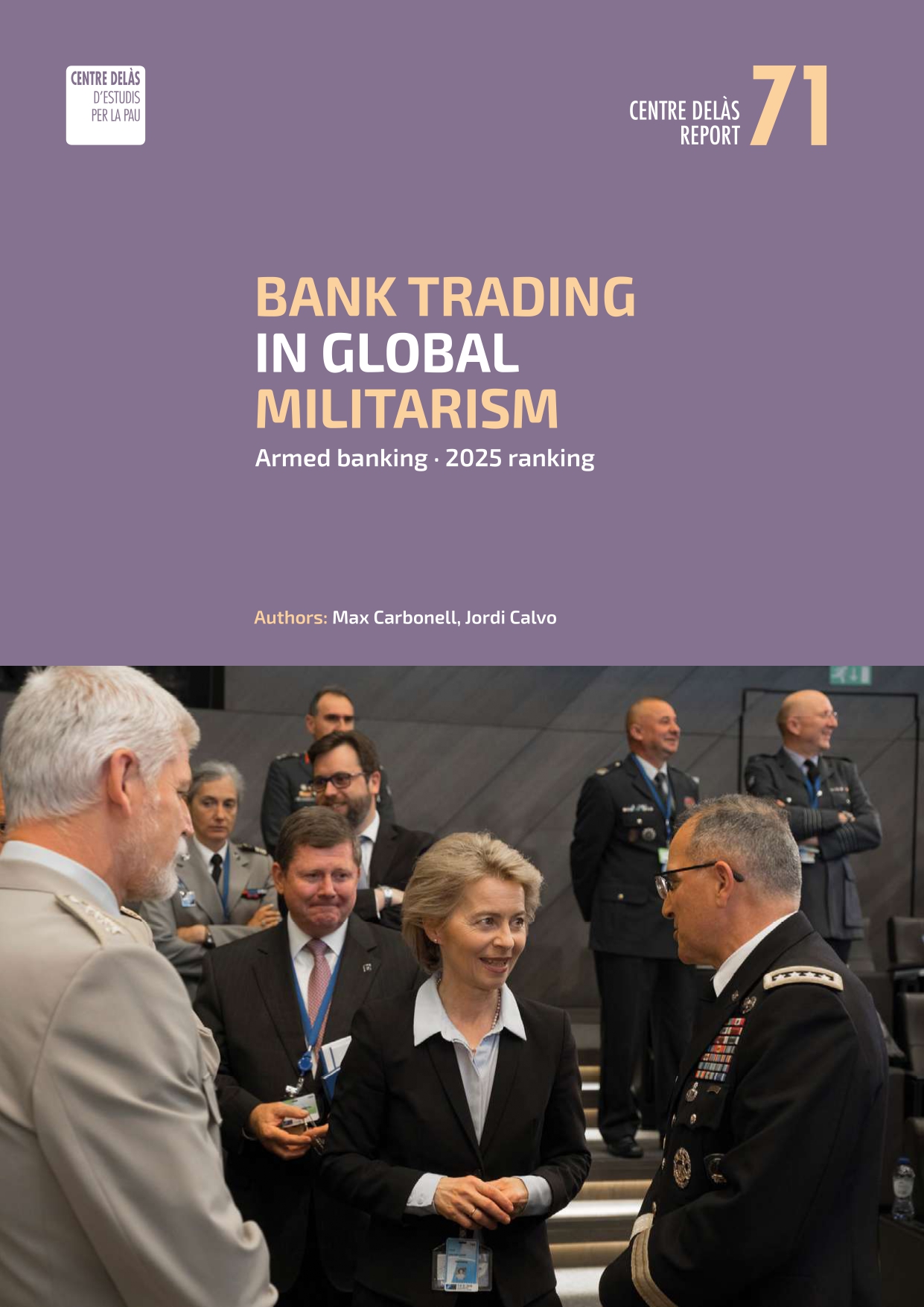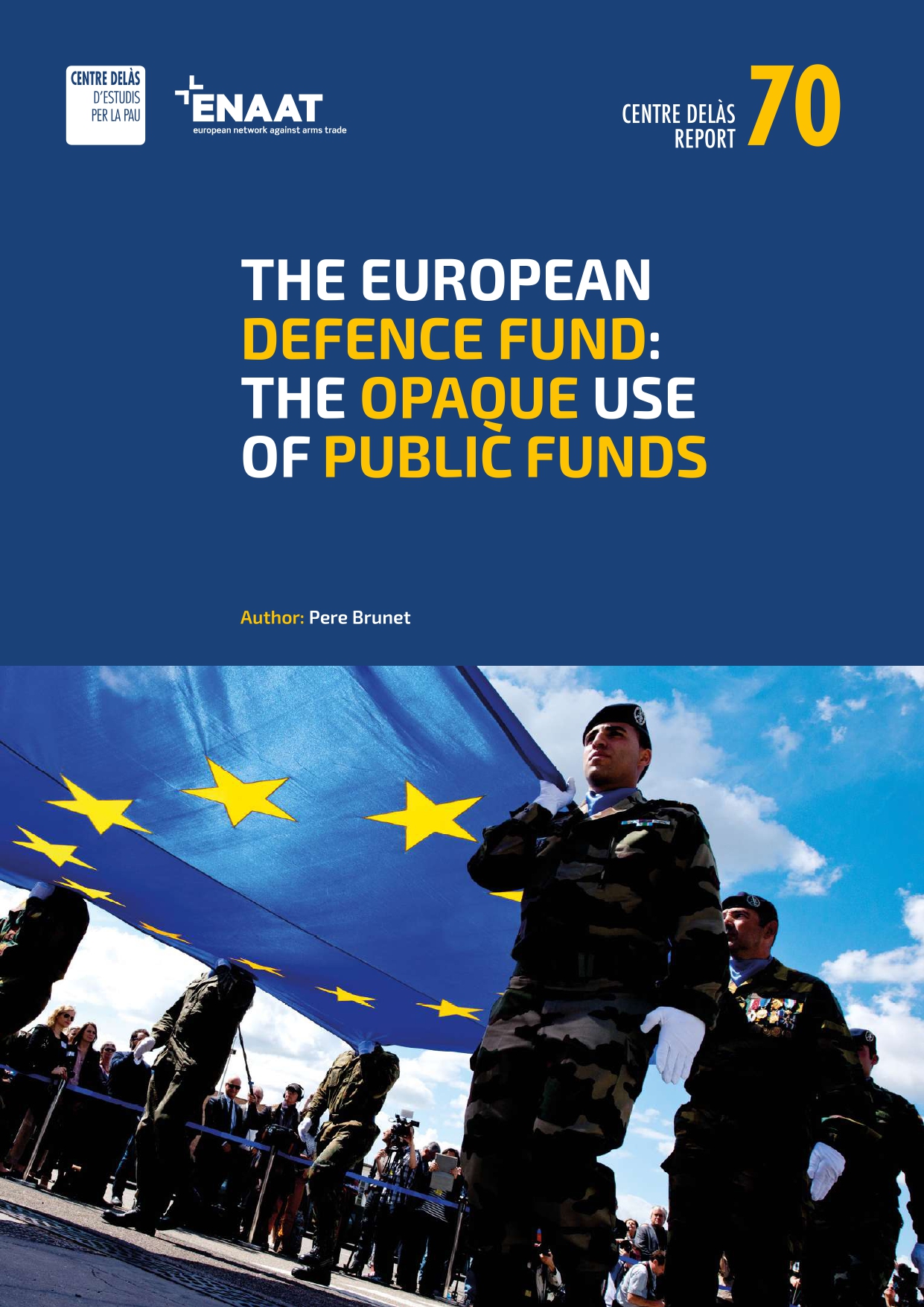Statement from the Centre Delàs: Spanish Arms to Saudi Arabia, weapons for war and repression and infographics on Spanish controversial arms sales
Controversial sales of Spanish weapons for war and repression
From the Centre Delàs we want to express our rejection and concern about the possible sale of five Avante 2200 corvettes by the Spanish company Navantia to the Saudi Arabian Navy. We denounce the risk that these corvettes could be used to tighten the naval embargo to which the coalition of countries led by Riyadh has subjected Yemen since March 2015, with catastrophic consequences for its population. This is a fact that represents a clear violation of humanitarian law and national legislation on exports of defence material and dual use by the Spanish state, in addition to European regulations and the International Treaty on Arms Trade. The criteria that could not be respected in the transfer of arms to Saudi Arabia are: criterion 2, for the violation of international humanitarian law and the perpetration of serious human rights violations; criterion 4, for contributing to the aggravation of the regional situation; and criterion 7, for the manifested risk of misuse, as they could be used to commit human rights violations or war crimes in Yemen or for their possible re-export to other conflicts such as that in Syria.
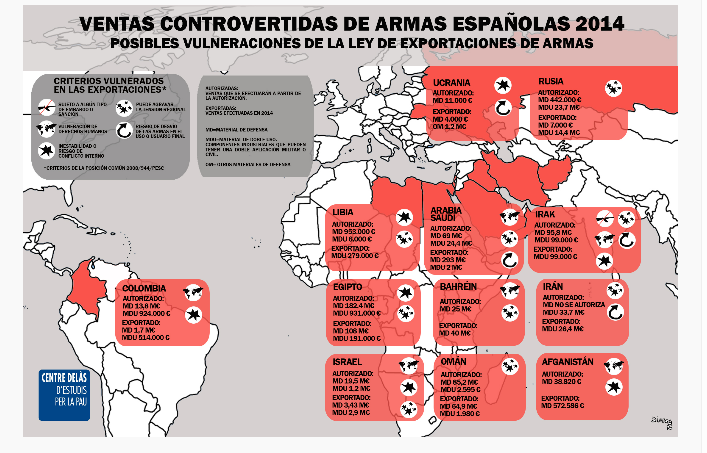
We also take this opportunity to remind that the Spanish State is precisely one of the main suppliers of arms to the Saudi regime, through companies such as Navantia, which is also publicly owned. In fact, over the last few years, Saudi Arabia has consolidated its position as one of the main buyers of arms manufactured in Spain, with a total purchase volume of 744 million between 2010 and 2014. Lately, in the period 2010-2014, Riyadh has positioned itself as the third largest buyer of Spanish arms, with 10% of total exports.
In 2015 the volume of arms sales produced by Spanish companies to the Saudi regime has soared, with 447.6 million euros during the first half of the year, a figure that represents 26% of all the defence material exported by the Spanish state in that period.
Saudi Arabia is Spain’s preferred partner in the Gulf countries, but also one of the world’s main arms importers and military power in the conflicts in the Middle East, supplying arms to the Syrian regime and intervening with air strikes in Yemen, causing civilian deaths. This is without forgetting the serious and systematic violations of human rights in the country.
Finally, we demand an end to all arms sales contracts with Saudi Arabia, as has been done for example by Belgium and Sweden, and with all other clients of the Spanish arms industry in the Persian Gulf, involved in military conflicts and/or having committed human rights violations such as the United Arab Emirates, Kuwait, Qatar or Bahrain.
A safer world is not built by filling one of the most unstable areas of the planet with weapons.
Barcelona, 27 January 2016, Centre Delàs de Estudis per la Pau.

